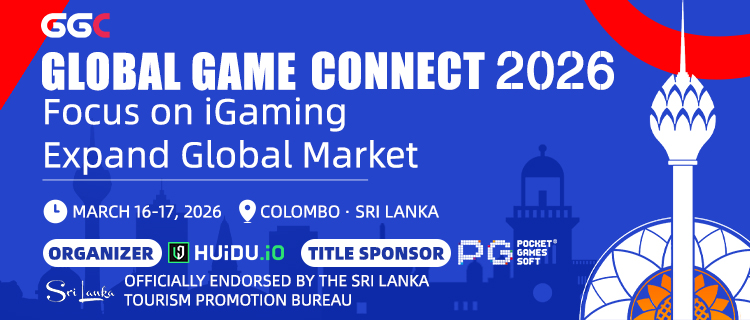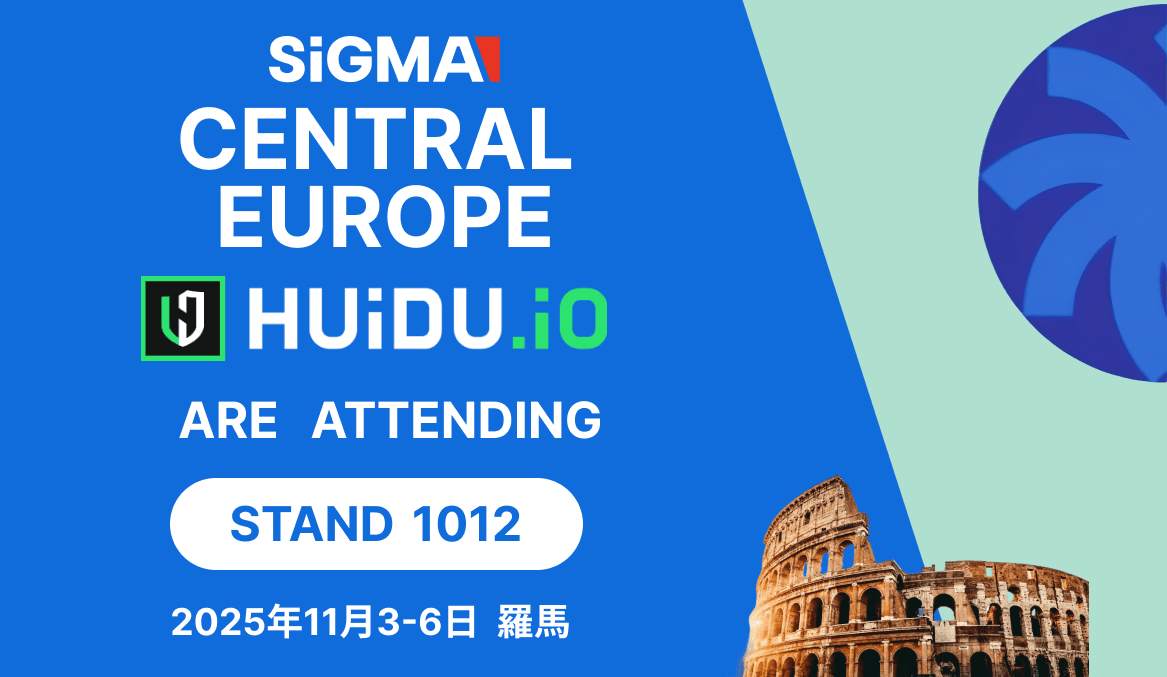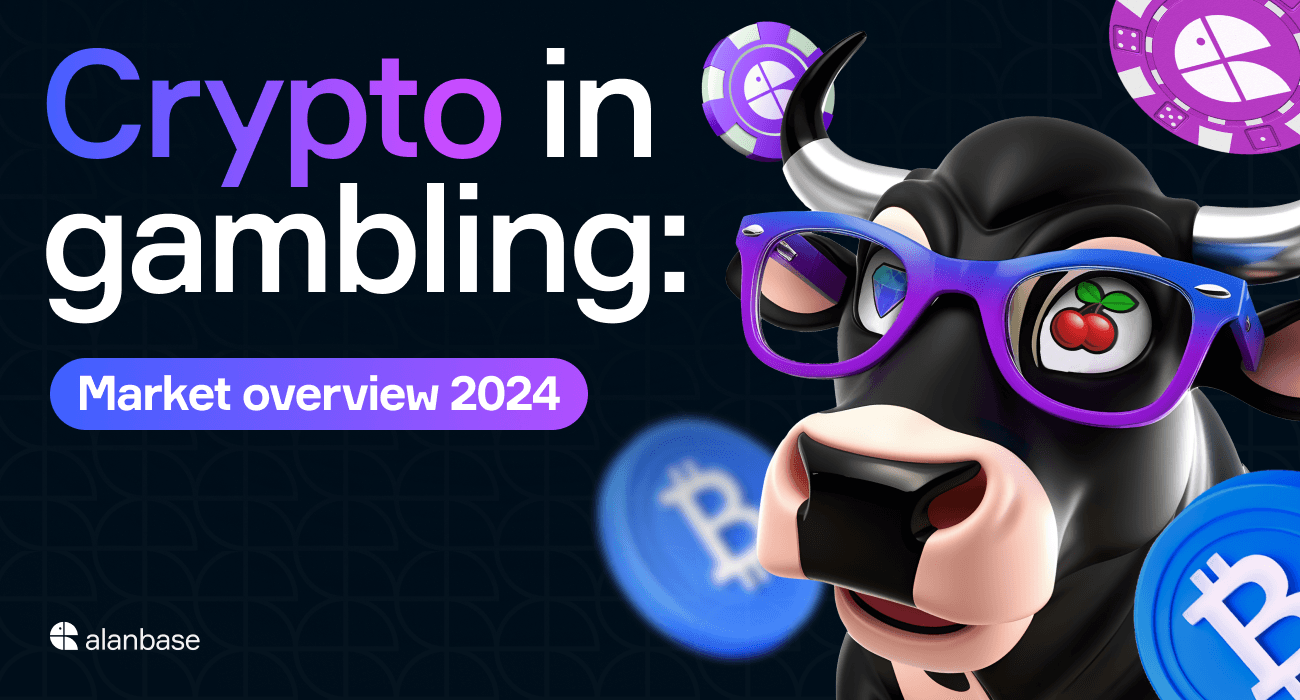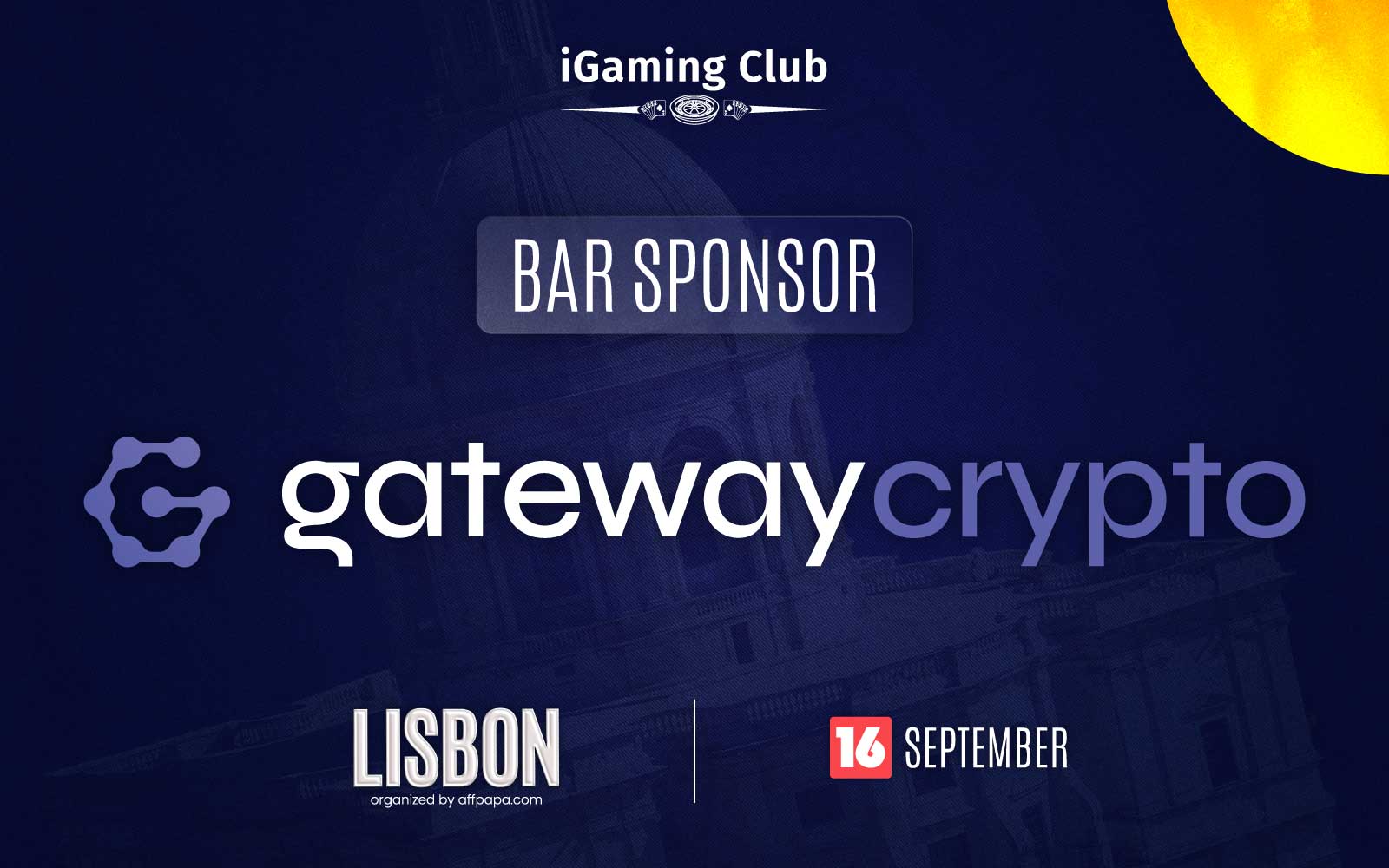The new rules take effect on November 19, 2025, creating significant implications for casino groups, gaming operators, and marketing teams that rely on Google’s platforms for customer outreach. The update reflects Google’s broader effort to enhance compliance with regional gambling regulations and provide clearer definitions around what constitutes offline gambling.
Expanded Restrictions and Updated Definitions
Google defines “offline gambling” as real-world, legal, physical gambling activities or establishments. Explicit examples include land-based casinos, pachinko parlors, and live-streamed offline poker tournaments. The definition separates offline gambling from online gambling and social casino games, which remain subject to separate certification requirements.
The revised policy states that promoting offline gambling activities is prohibited in any jurisdiction where such advertising is illegal. The latest update adds 35 restricted territories, significantly widening its global scope.
Restricted jurisdictions include:Afghanistan, Algeria, Bahrain, Bangladesh, Bhutan, China, Djibouti, Egypt, Hong Kong, India, Indonesia, Iraq, Jordan, Korea, Kuwait, Lebanon, Libya, Malaysia, Maldives, Morocco, Oman, Pakistan, Palestine, Qatar, Saudi Arabia, Singapore, Sudan, Syria, Taiwan, Thailand, Tunisia, United Arab Emirates, Vietnam, and Yemen.
Newly Added Restricted Territories
Google has newly added several jurisdictions where advertising offline gambling is explicitly banned, including:
These changes take effect immediately, giving advertisers minimal time to update their campaign strategies.
What Advertising Is Still Allowed?
Despite broad restrictions, Google still permits advertising of offline gambling activities in jurisdictions where such promotions are legal. Approved content includes:
- Promotion of legal, physical gambling establishments
- Marketing for brick-and-mortar casinos and pachinko parlors
- Advertising of offline gambling events allowed by local law
Google continues to enforce region-specific constraints such as age restrictions, placement controls, and compliance with national gambling legislation.
Implications for Operators and Marketing Teams
The stricter rules pose new compliance challenges for brands operating across multiple jurisdictions. Marketing teams will need to reassess campaign structures to ensure that promotions for physical gambling venues are not inadvertently served in newly restricted regions.
Since offline gambling is already heavily regulated in many countries, Google’s clarified guidelines enhance transparency but reduce advertising reach in much of the world.
Advertisers must now strengthen regulatory monitoring, improve geographic targeting accuracy, and refine content review processes to avoid policy violations that could lead to campaign suspensions or account penalties.
As global gambling regulation continues to evolve, Google’s update underscores the growing emphasis on compliance, transparency, and legal alignment—trends that will shape digital marketing strategies into 2026 and beyond.



 23Hours ago
23Hours ago















